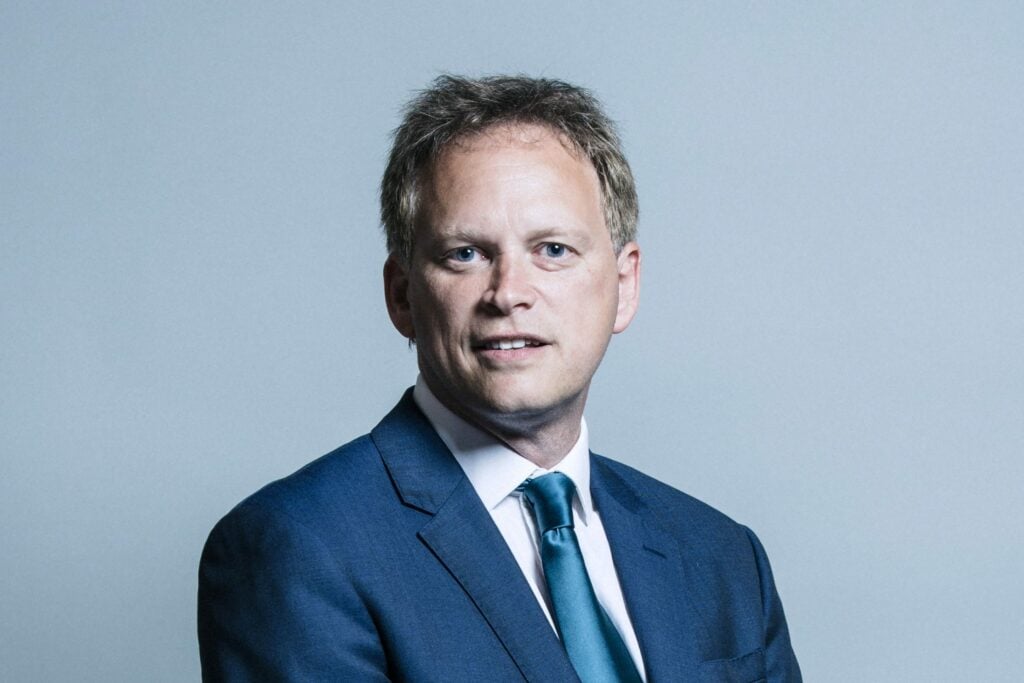Secretary of State for the newly-formed Department for Energy Security & Net Zero (DESNZ), Grant Shapps, has set out his plan for the future of Britain’s energy.
“I’ll set Britain on a course to energy security by radically increasing production of renewables and nuclear and creating hundreds of thousands of green jobs in the process,” promised Shapps in a short video shared on the department’s Twitter this morning (23 February).
In the video, Shapps declared his ambition for the UK to have the lowest wholesale electricity prices in Europe by 2035.
Part of his strategy to achieve this, includes driving forward “huge” nuclear projects.
We are the Department for Energy Security and Net Zero.
— Department for Energy Security and Net Zero (@energygovuk) February 23, 2023
Our mission, which we've chosen to accept, is to make sure the UK has clean, homegrown energy which is secure, and lowers bills for homes and businesses.@grantshapps sets how at @NationalGridESO 👇 pic.twitter.com/tIQXzxEPoM
DESNZ was announced as part of a government reshuffle earlier this month, following the division of the Department of Business, Energy and Industrial Strategy (BEIS). Its key priorities include: energy security; maintaining the UKs net zero target; and improving domestic energy efficiency.
Alongside Shapps, Jeremy Pocklington will stand as permanent secretary and Clive Maxwell as second permanent secretary.
News of the new department was widely welcomed by the sector.
“The last year has shown how vulnerable the UK economy is to energy shocks, an issue that is set to become more complex as we transition away from fossil fuels,” said Richard Lum, chief investment officer at Victory Hill Capital Partners.
“This new department is an opportunity for the UK to reset its thinking and back the technologies and industries needed to future proof its economy. Ministers however will need to be careful that UK energy policy and its industrial policy stay joined up to ensure decarbonisation continues to play a central role.”
“They also need to maintain an overall sense of ownership between the different briefs as it is not sufficient to only hold energy production to the objectives of net zero but also drive wider industrial transformations if we are to meet our climate goals.”
Chris Wickins, technical director at Field Energy added: “This is an encouraging sign that Net Zero and the energy transition remain high on the priority list. To build a truly reliable, flexible and green grid we need to massively invest in battery storage, alongside wind and solar generation. Hopefully, the new Energy Security and Net Zero department will understand the vital role that energy storage must play in the transition, and will provide the necessary mechanisms to support its growth.”






